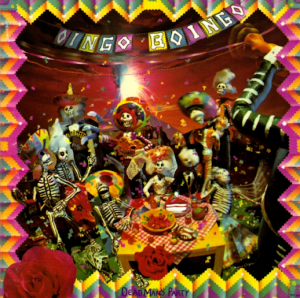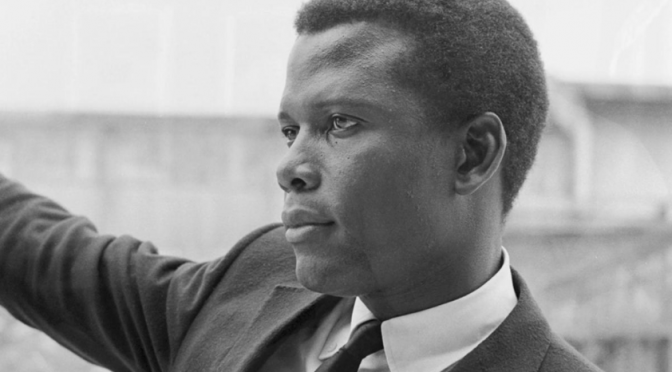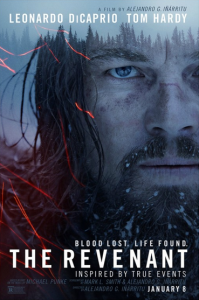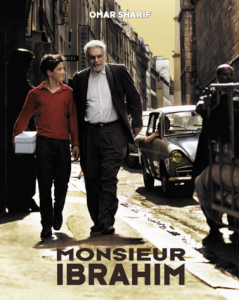
[Revised from an article originally published on Laura Grey’s Little Hopping Bird blog.]
To celebrate my daughter’s twelfth birthday, she and her dad and I went to see the Tim Burton version of “Charlie and the Chocolate Factory.” We were disappointed with it, largely because of the occasional scenes of gratuitous nastiness and Johnny Depp’s unsympathetic portrayal of Willy Wonka. The book’s author, Roald Dahl, is a favorite of ours, and while he was never afraid to expose young readers to scenes of characters getting pleasure out of bringing dismay or suffering to children, his willingness to show us brutish and nasty antagonists serves only to bring us closer to his protagonists and empathize with their pain. The nastiest things happen to those who aren’t pure of heart.
Tim Burton’s new twist on “Charlie” introduces Wonka with an awkward animatronic display in the style of Disney’s “It’s a Small World” ride (on an intimate scale) and then proceeds to burn, melt, and destroy the Hummel-like plastic figures of children to the alarm of real children and to Wonka’s delight. Right off the bat, this introduces a sociopathic streak to the character. It doesn’t carry forward the spirit of the original book, nor does it serve to make the film more appealing or enjoyable.
The Wonka of the book and earlier movie did get pleasure from surprising and even frightening the children some, especially when they were being selfish. Gene Wilder‘s Wonka was mercurial, well-read, nimble with language, the inscrutable mix of wit, joie de vivre, charm, alarm, entertainment, warmth and unexpected temper that he is in the book. Wilder’s Wonka was philosophical, quoted Shakespeare, and showed evidence of introspection, which made his tender moments with Charlie affecting and meaningful. Wilder (and the script, penned by Roald Dahl himself) showed Wonka to be a wild genius but also a man of caring and conviction.
The Willy Wonka created by Roald Dahl was wounded but determined to find faith in the future again by putting his masterpiece in the care of someone who would appreciate it for its magic and creativity, and who wouldn’t turn it into a crass, commercial, soulless enterprise. Depp’s Wonka is completely lacking in introspection or empathy until the very end, and even when he arrives at some awareness of his own shortcomings and Charlie’s value, it’s really only as an adjunct to his narcissism, as a means to getting positive attention, not because of a drive to better the world. Rather than showing signs of wit and erudition, he makes two-word pronouncements that are less articulate than any of the children who have come to him with Golden Tickets: “You’re weird.” “That’s gross.” Gone are the wonderful spirals of wordplay that flew out of the pages of the book, the arch insights into the crassness and self-absorbed nature of modern culture. What we have instead is a flattened world and a diminished Wonka, artisanal Belgian truffles reworked into stale Hershey’s Kisses.
This take on the story is especially sad because Johnny Depp is an actor of range and depth when given the direction or inspiration. In last year’s film “Finding Neverland,” in which he starred as J.M. Barrie, he was delightful and nuanced, as was the young actor Freddie Highmore, who plays Charlie in the new film. All the scenes with Charlie’s family were more affecting and appealing than the analogous scenes in the Gene Wilder version of the film. This Bucket family is warm, engaging, and loving, and the scenes with them bucking each other up in their hovel were a tender contrast to the brash bright production numbers featuring scores of Oompa Loompas. They also underscored the flatness of Wonka’s character. In the book and the Gene Wilder film version, Wonka’s anything but flat.
I will give Depp credit for saying much more with his facial expressions than the script allows him to say with words. The new “Charlie” features several scenes involving killing and tasting the entrails of a large flying insect and lots of caterpillars. Tim Burton’s style of humorous sadism is gooier than Dahl’s, and he draws out the “ew” moments in this film in a way that is at odds with Dahl’s subtler and funnier wit. Tim Burton’s vision requires Johnny Depp to play a Willy Wonka so completely out of touch with both the world of children and the world of adults that he comes across as a sort of disturbing mixture of Emo Phillips and Michael Jackson.
Twenty years ago, Tim Burton took another childlike misfit character, Pee-wee Herman, and built a brilliantly original film around him, “Pee-wee’s Big Adventure.” But Paul Reubens’ Peewee had an appealing inner core; he was wildly immature, but he also cared for people (like Simone the waitress) and animals (whom he rescued from a burning pet store). He was a goof, but he was harmless, and while he could get angry at Francis, his nemesis, he didn’t want to cause others suffering. He was a sympathetic character, so he could stand up to the Tim Burton treatment, and even benefit from it; the slight darkness of Burton’s vision burnished the edges of Peewee’s primary-colored world, and the scene involving Large Marge is priceless.
Burton’s “Edward Scissorhands” (also played by Depp, and beautifully) was an incredibly sympathetic figure, a tender-hearted artist trapped in a body with monstrous and dangerous hands. Burton’s “Batman” with Michael Keaton was such a successful mix of dark and dangerous with quirky and humorous that it launched a whole series of films trying to capture some of the magic and excitement of the Burton treatment. But I’ve found most of Burton’s films of the past decade a bit colder and meaner at heart. “Big Fish” was just an odd mess; it was trying for emotional connection with the audience but I just found it poorly scripted, boring, and overacted. Usually excellent actors like Billy Crudup and Albert Finney gave annoying and vaguely embarrassing performances (which I blame largely on the loopy direction).
I hope that Burton’s soon-to-be-released animated film, “The Corpse Bride,” will once again mix his gothic cynicism with the sense of childlike wonder that some of his earlier films held. I miss the fresh visions and psychological insights of those works. I will give applause to Danny Elfman for the (as usual) exciting score and fresh, funny, original songs. I’ve enjoyed his work for nearly 25 years; I used to go to see him and his clever, brash, brassy band, Oingo Boingo, when they came up to the Bay Area and loved them every time I saw them. Their energy was intense and focused, the band was tight and great, the lyrics were unique and cynically funny. Elfman was clearly a man of strong opinions and endless energy. His score for “Peewee’s Big Adventure” was a perfect jumping-off point for his talent and his style, and his theme for “The Simpsons” fits the feel of the show and the characters; it’s hard to imagine it without that signature theme and all the visual cues we all associate with its musical phrases. His orchestral work for the movies is so lush and evocative that I always enjoy his scores, but I’ve missed the darker, edgier, bouncier Danny I saw in San Francisco and Berkeley years ago.
The new songs for the glitzy Oompa Loompa production numbers in the new “Charlie and the Chocolate Factory” will stick with me and entertain me longer and better than the film itself. That’s a soundtrack I’ll be happy to own. But I’ll skip the DVD; I’d rather drag out my old “Willy Wonka and the Chocolate Factory” videotape and watch Gene Wilder sing “Pure Imagination” again. And again. And again.




